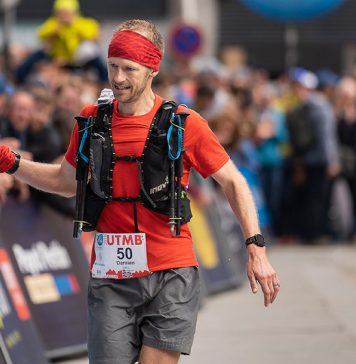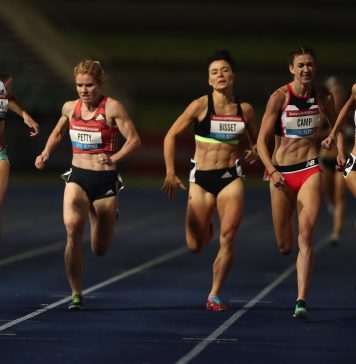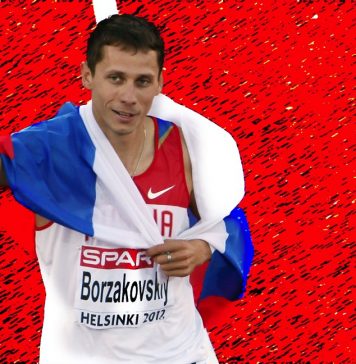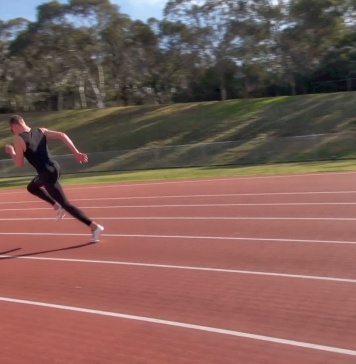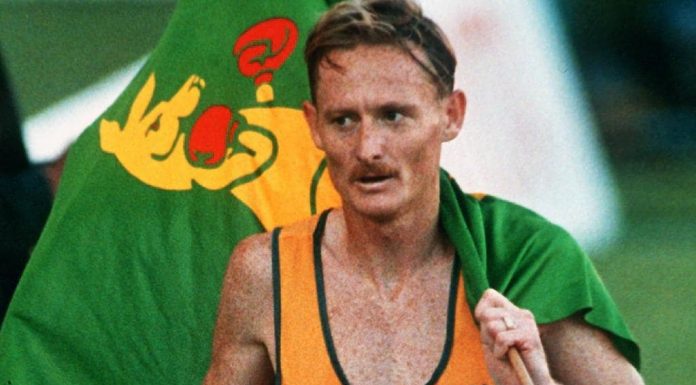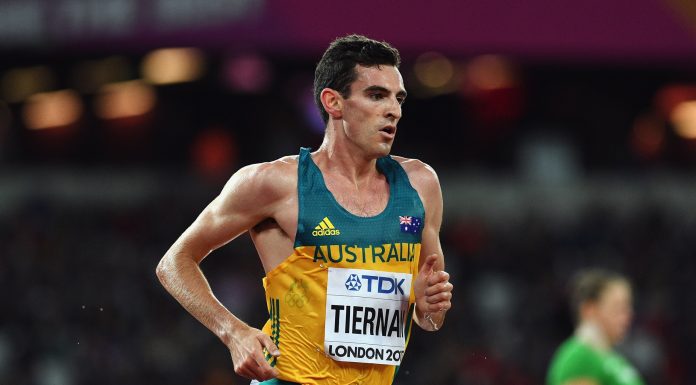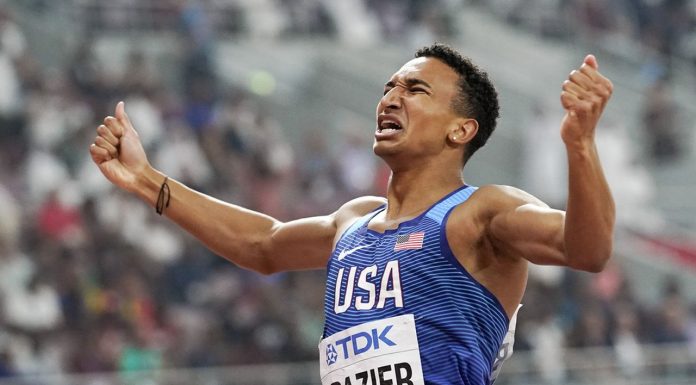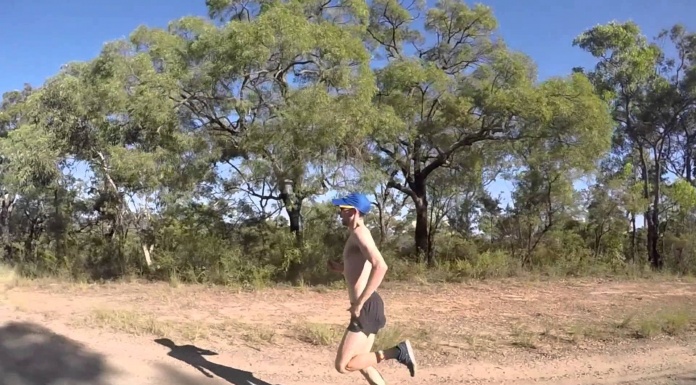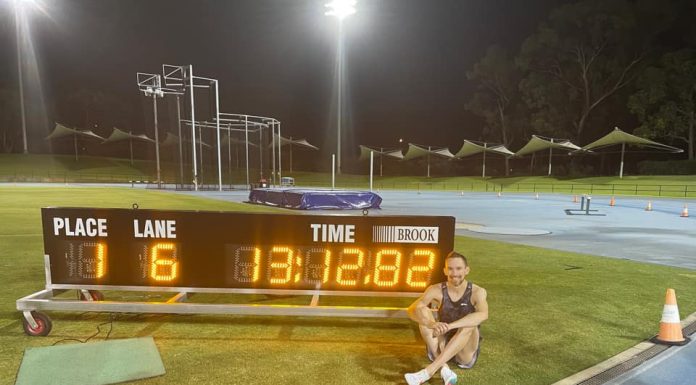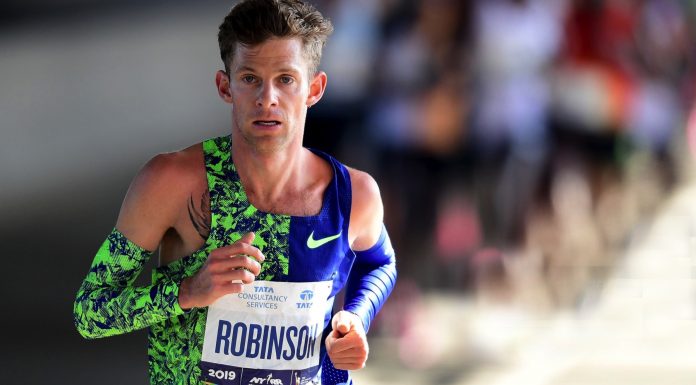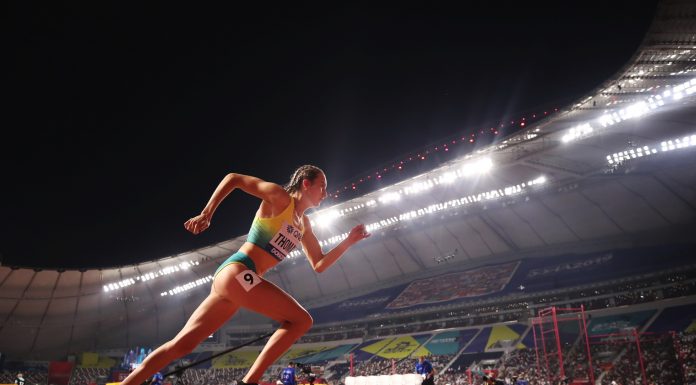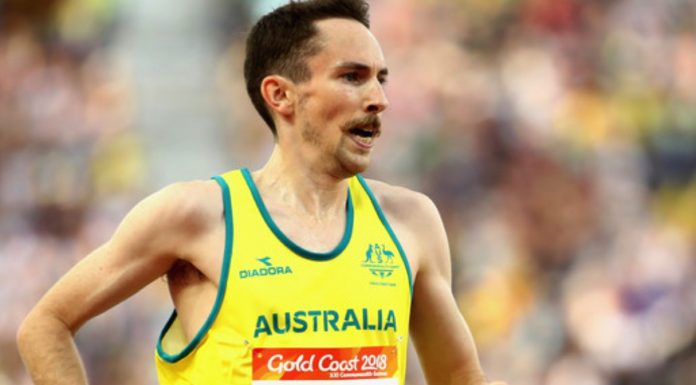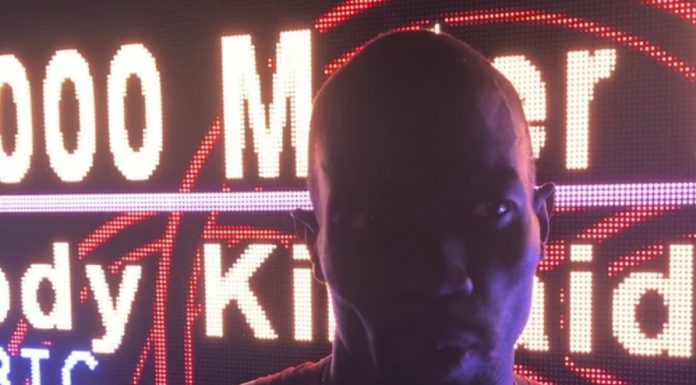Forget the window, just give us some light | A column by Len Johnson
Can it really be just a few months (spoiler: yes, it can) since many of us were aghast at World Athletics’ decision to trim formats to fit Diamond League meetings into a 90-minute television window.
In those pre-coronavirus days, the decision to defenestrate some beloved...
Destination Doha video Interview featuring Aussie Olympian & Men’s DI XC champ Pat Tiernan
From Runner’s Tribe ADDICT comes the 5th instalment of the ‘Destination Doha’ interview series hosted by highly knowledgable/top distance runner, Mitch Brown.
This episode features 2016 Olympian for Australia and Men's DI NCAA National Cross Country champion representing Villanova, Pat Tiernan.
The winners is . . . Brisbane? | A column by Len Johnson
So; there it is. A third Australian city will host a summer Olympics with the news that Brisbane is the likely host for the 2032 Olympic Games.
Brisbane is not yet the designated host. Rather, the Queensland capital has been granted (checks notes) “preferred bidder...
A cut diamond more valuable?
A column by Len Johnson - Runner's Tribe
In the world or precious stones, cut diamonds are more precious than raw, uncut diamonds.
The cutting process – expensive in itself – adds value. Expertly cut diamonds will always have more value than raw, uncut diamonds of...
Double Olympian David McNeill Workout Any Day Season 1 tempo process
Now for members only - In 2016 RT filmed double Olympian David McNeill for the first Workout Any Day episode. McNeill has already qualified to compete in the 2016 Rio Olympics in the 10,000m for Australia. He is the current Australian 10,000m champion, 8...
Dave McNeill: Endurance Personified | A Column by Len Johnson
David McNeill’s athletics career could have been over almost before it began. On Tuesday night in Perth, he may have run his way into a third Olympic team.
It was in 2005 that McNeill, along with Liam Adams and Toby Rayner, was a controversial non-selection...
Here’s to you, Mr Robinson | A column by Len Johnson
Brett Robinson, Jessica Hull and Stewart McSweyn made it a good week for Australian distance running this week, but it’s the sometimes under-rated Robinson who should be singled out.
It was hard not to notice Hull and McSweyn, who did their magic at the Melbourne...
Doha Day 1 – A column by Len Johnson
Many tried. Only a handful succeeded.
Context is everything. One day you’re writing that one good thing about the first day is that you get to see every competitor in the day’s heats and qualifying rounds, even if they’re not yet going head-to-head; the next,...
Interview with David McNeill | 2 X Olympian, NCAA All-American, 2010 NCAA indoor and outdoor 5000m champion
Runner’s Tribe is currently running a large series of interviews with the best athletes on the planet. We will find out how they are handling the current situation, delve into some training talk, what inspires them and more.
For our fourth interview in the series,...
Lopez Lomong runs 13 flat in Portland 5000 On Nike Campus – Post race video interview
Woody Kincaid, Lopez Lomong and Matthew Centrowitz all run under the 2020 Olympic Games standard 13.13.5.
Runner's Tribe post race interview with Lopez Lomong by Dave Ross - RT (Length 2:34 mins).


